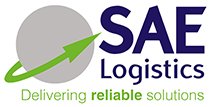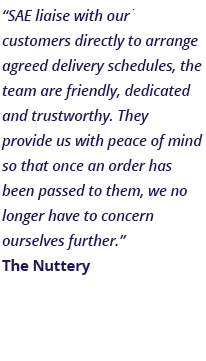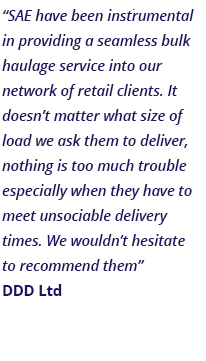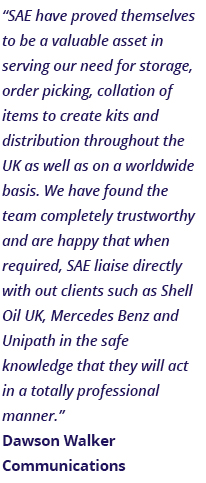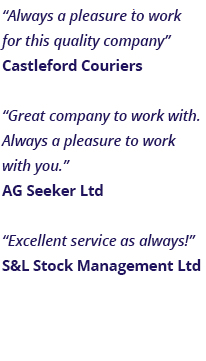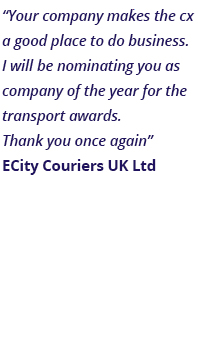
Whatever the outcome on a deal or no deal Brexit, importing and exporting your goods after the decision is bound to change; unfortunately exactly how it will change is still unclear at this stage as there are no agreed upon terms for the exit, either within the UK Government, or with the European Commission.
Under the Lisbon Treaty, there is an agreement that gives the United Kingdom and the European Union a time frame of two years to agree upon the details of the exit. On 29 March 2019 at 11pm this time comes to an end and deal or no deal we will be leaving the EU. It is fair to expect that it will take even longer for the new policies and regulations to be implemented whatever the outcome, but this leaves many businesses in a time of uncertainty and apprehension.
So what were the rules about importing & exporting while the UK was in the EU?
As a member of the EU, the UK benefited from the agreement on the free movement of goods between EU countries. This meant that when you imported or exported into the UK from another EU member state, there were no import duties, taxes or customs clearance.
After the Brexit decision, the customs clearance process for imports and exports with non-EU countries will not change. The only difference will be if the EU makes trade agreements with non-EU countries, the UK will be left out. However, in regard to your transportation, you will still need to custom clear your goods, provide a commercial invoice and pay import duties and taxes.
So what can we expect the changes to be?
There are a few different ways we expect that the imports and exports between the UK and the EU will change. Whilst arrangements may give some lenience for taxes associated with movements, the transport process will still change. You may need a license to import and export certain goods to and from the UK. You will need to declare your goods to customs and pay for customs clearance. You will need a commercial invoice that outlines the commodity codes of the items you are importing and exporting as well to determine the duty payable. Essentially, you can expect that your shipment will be more expensive and will require additional time to arrive in the UK or at your EU destination. However, the amount it is expected to increase is still to be determined.
Our Advice
We would advise all of our customers to think carefully about importing their goods required from the EU and storing them in the UK during this period of uncertainty and change. Both in terms of planning your budgets and in terms of ensuring that your goods are where they need to be on time – with no unexpected delays. We would also advise that you plan any orders required in the EU to factor in the extra time required. SAE are on hand to advise you and help plan your future shipments so you ensure that your customer’s in turn are not left disappointed. Of course we will continue to keep our customers updated at every step of the way both leading upto and after the 29th March.
To find out how SAE can help with both your import, export and storage requirements call us on 01895 825258.
We provide a breadth of expertise to make it happen just the way you want it.
To find out how we can assist you with your requirements, please call us on
01895 825258 or email info@saelogistics.com.
